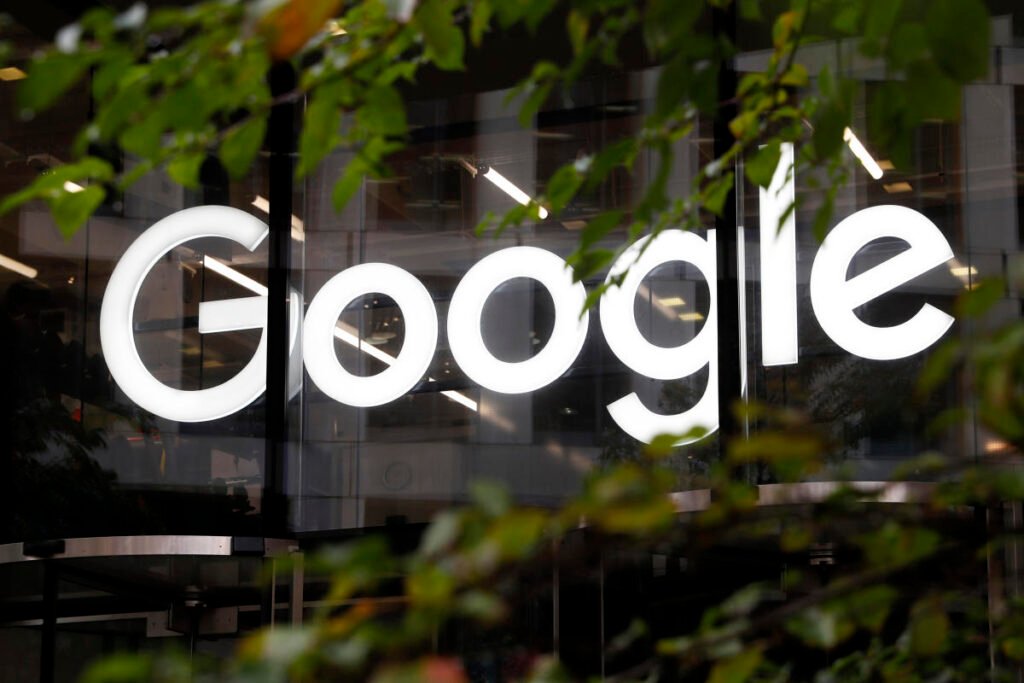Google is in deep trouble after a federal judge ruled that the company illegally abused a monopoly over the search industry. The ruling follows a 10-week trial held in 2023 that stemmed from a 2020 lawsuit filed by the Department of Justice and several states.
“Google is a monopolist, and it has acted as one to maintain its monopoly,” Judge Amit Mehta of the US District Court for the District of Columbia wrote in the ruling. “It has violated Section 2 of the Sherman Act.”
Mehta has not imposed any remedies on Google at the time of writing. The judge may order Google to change how it operates or even sell parts of its business.
The lawsuit claimed that Google illegally acted to maintain its dominant position in search through a number of actions, such as paying the likes of Apple, Samsung and Mozilla billions of dollars per year to be the default search engine on their phones and web browsers. The DOJ argued that Google facilitates almost 90 percent of web searches and that by paying to be the default option, it prevented rivals from achieving the kind of scale needed to compete. As such, Google is deemed to benefitted in terms of both revenue and data collection.
“Those search access points are preset with a ‘default’ search engine,” the ruling reads. “The default is extremely valuable real estate. Because many users simply stick to searching with the default, Google receives billions of queries every day through those access points. Google derives extraordinary volumes of user data from such searches. It then uses that information to improve search quality.”
According to Mehta, Google has acknowledged that losing its position as the default search engine on various platforms would harm its bottom line. “For instance, Google has projected that losing the Safari default would result in a significant drop in queries and billions of dollars in lost revenues,” the ruling states.
Google released the following statement from Kent Walker, President of Global affairs, on X regarding the judge’s decision:
“This decision recognizes that Google offers the best search engine, but concludes that we shouldn’t be allowed to make it easily available. We appreciate the Court’s finding that Google is ‘the industry’s highest quality search engine, which has earned Google the trust of hundreds of millions of daily users,’ that Google ‘has long been the best search engine, particularly on mobile devices,’ ‘has continued to innovate in search’ and that ‘Apple and Mozilla occasionally assess Google’s search quality relative to its rivals and find Google’s to be superior.’ Given this, and that people are increasingly looking for information in more and more ways, we plan to appeal. As this process continues, we will remain focused on making products that people find helpful and easy to use.”
During the trial, Google argued that its significant slice of market share was due to having a better product that consumers appreciated. It’s likely to appeal Mehta’s ruling.
In addition, the DOJ claimed that Google held a monopoly over ads that appear in search results. It argued that Google artificially inflated the prices of ads beyond what they’d cost in a free market.
In his ruling, Mehta agreed that “Google has exercised its monopoly power by charging supracompetitive prices for general search text ads. That conduct has allowed Google to earn monopoly profits.” However, the judge added that Google does not hold monopoly power in the broader market of search advertising.
Meanwhile, Mehta declined to impose sanctions on Google for failing to preserve employee chat messages that may have been pertinent to the case. The ruling notes that, since 2008, Google deletes chat messages between its employees by default after 24 hours.
“The court’s decision not to sanction Google should not be understood as condoning Google’s failure to preserve chat evidence,” Mehta wrote. “Any company that puts the onus on its employees to identify and preserve relevant evidence does so at its own peril. Google avoided sanctions in this case. It may not be so lucky in the next one.”
Google and the DOJ are set to return to federal court in September over an ad tech case.
Update, August 5 2024, 4:40PM ET: This story was updated to include Google’s statement on the ruling.
Source link
